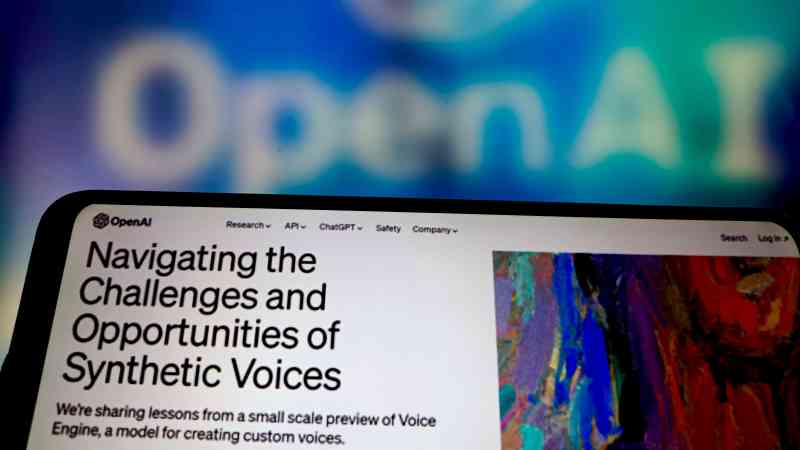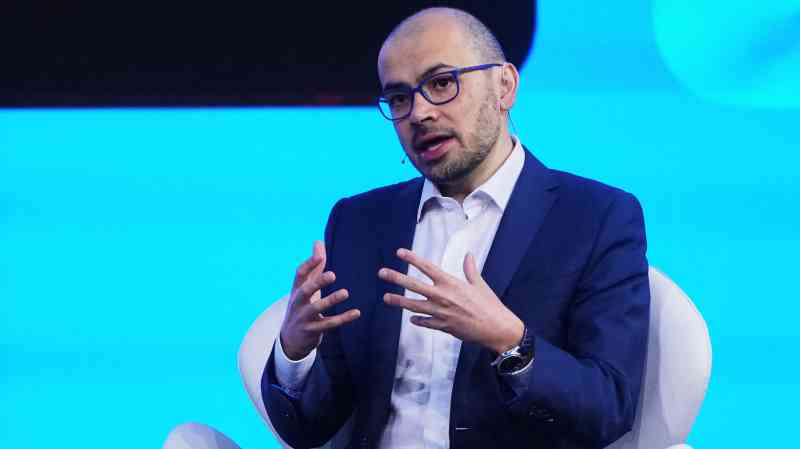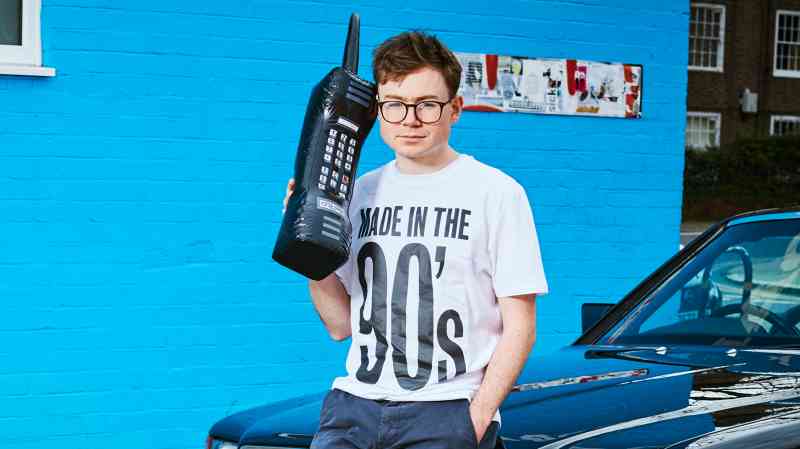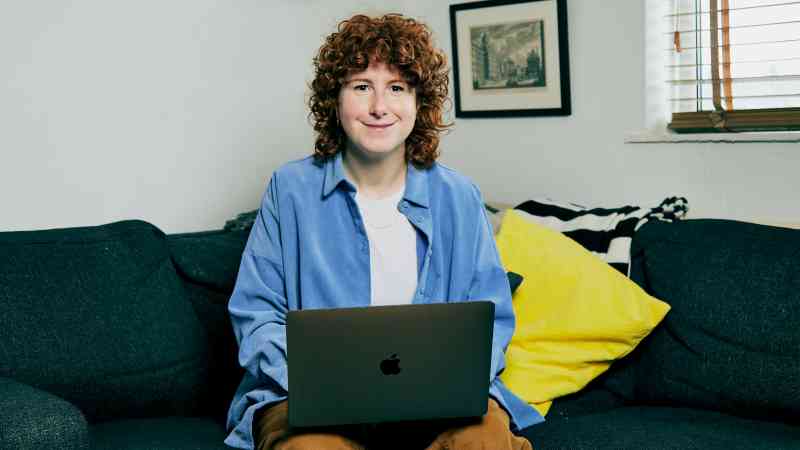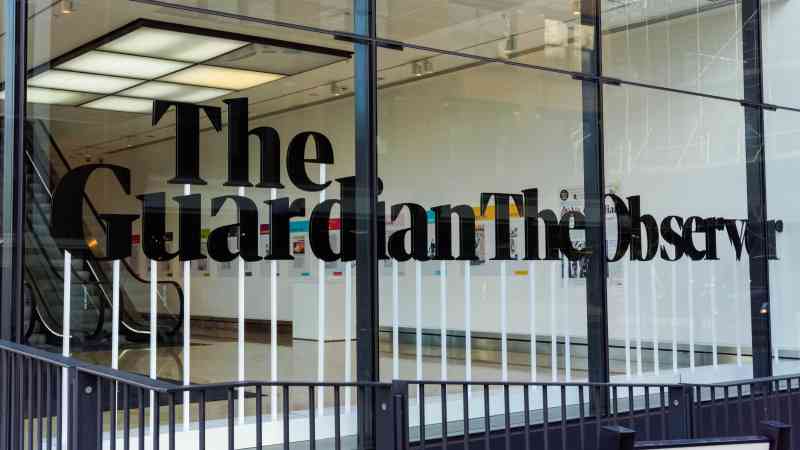OpenAI’s voice-cloning tool is too effective for public use
OpenAI has said it is withholding a voice-cloning tool from public release over safety fears.
The artificial intelligence company, which created the instant messaging tool ChatGPT, claims its Voice Engine programme can clone a person’s voice with 15 seconds of recorded speech.
It announced the technology on Friday, a week after filing a trademark application for the same name.
“We recognise that generating speech that resembles people’s voices has serious risks, which are especially top of mind in an election year,” the US-based company said.
The statement comes as the authorities in New Hampshire investigate robocalls mimicking the voice of President Biden to thousands of voters just before the Democratic presidential primary elections.
OpenAI said it planned to launch a preview of the voice-cloning tool “but not widely release this technology at this time” because of the dangers of misuse.
The company said that early Voice Engine testers had agreed not to impersonate someone without their consent and to disclose that the cloned voices are AI-generated.
Two weeks ago, the UK music industry launched its first legal initiative against AI “deepfake” technology by threatening to sue a start-up producing songs imitating the voices of musicians including Rihanna, Drake and the late Amy Winehouse.
Elon Musk warned in November that AI was “one of the biggest threats” to humanity as he urged the UK to establish a “third-party referee” that could regulate companies developing the technology.
Around that time, Biden signed an executive order that required developers to share safety tests of AI systems with the US government before their release.
